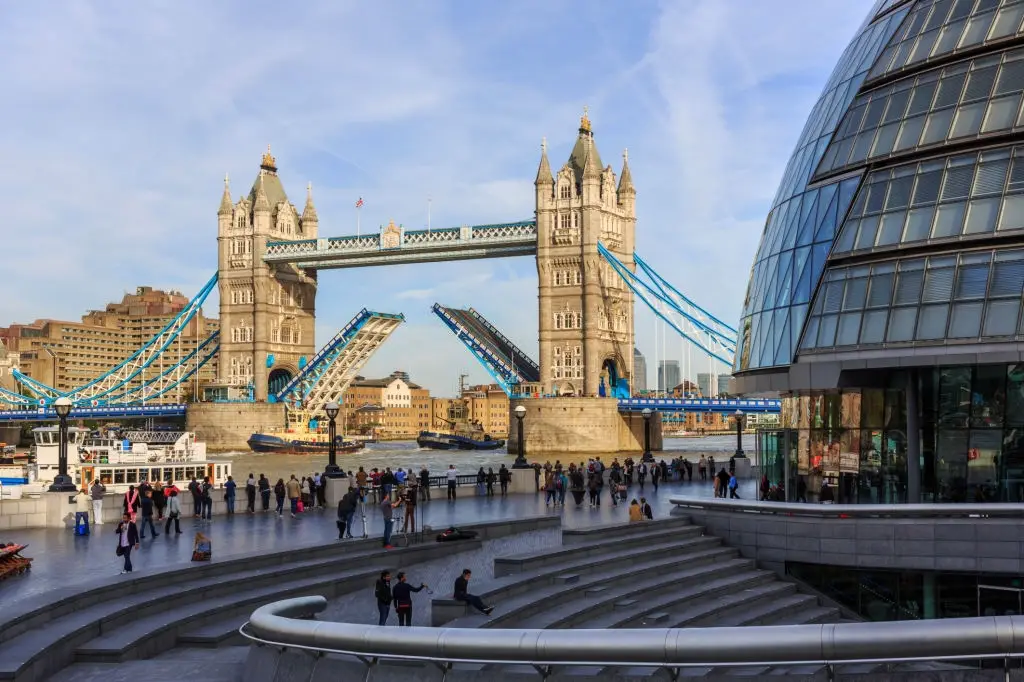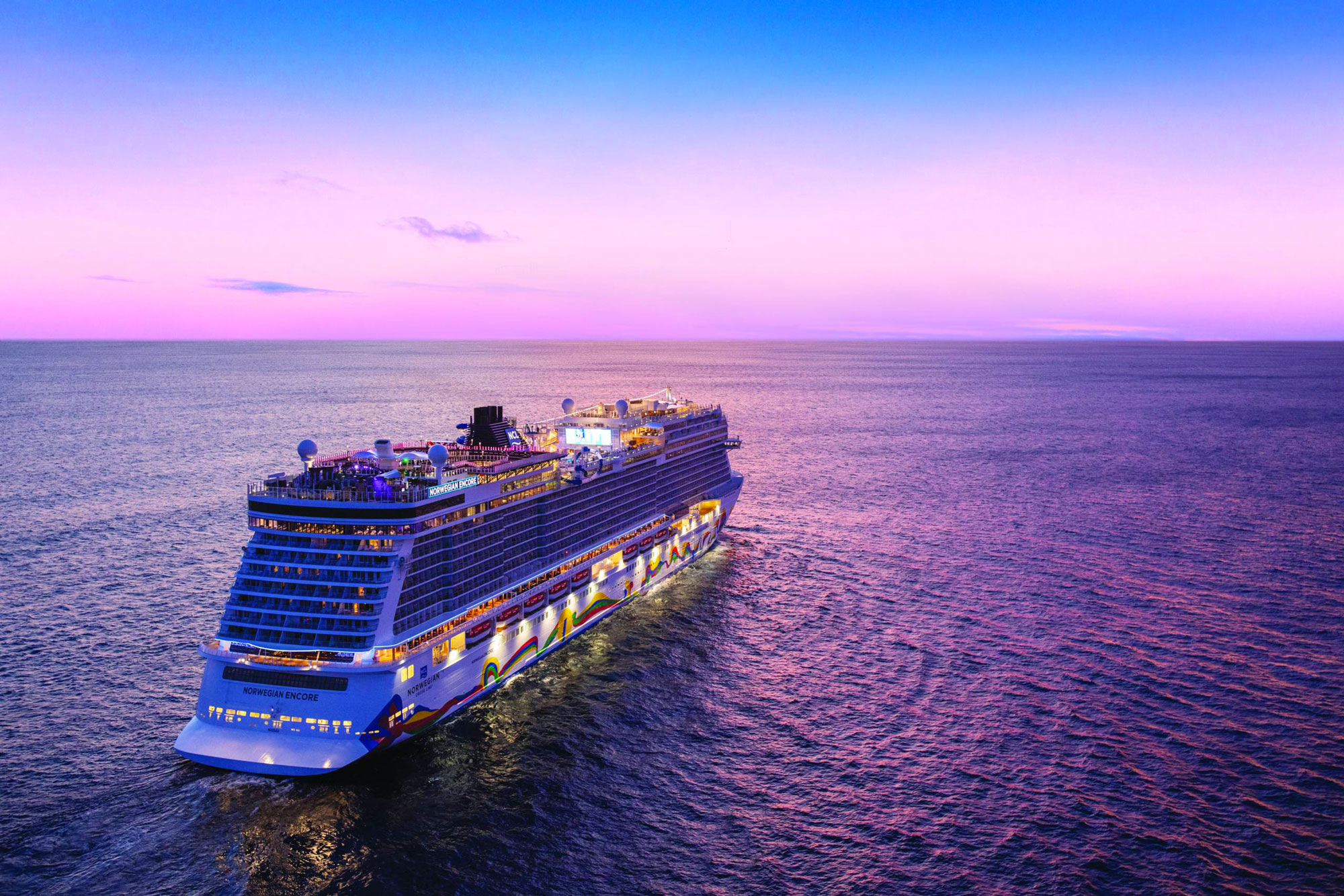Summary
- Peak Seasons and Challenges: The worst times to visit Greece are during the peak summer months (July and August) due to extreme heat, high prices, and large crowds, and in the winter (December to February) because of cold, wet weather and limited tourist services.
- National Holidays and Events: Easter and Greek national holidays such as Independence Day and Ochi Day can also be challenging times to visit due to crowded transportation, closed businesses, and potential strikes.
- Pros and Cons of Hot and Wet Seasons: Summer offers warm seas and vibrant cultural events but also brings extreme heat, health risks, and crowded tourist spots. Winter offers low prices and minimal crowds but unpredictable weather and limited services.
- Rainy and Dry Seasons: The rainy season in Greece is from November to March, with December being the wettest month. Conversely, the dry season, particularly July to August, sees high demand and prices, making it less ideal for budget travelers.
- Shoulder Seasons as Ideal Alternatives: For a more pleasant and affordable experience, visiting Greece during the shoulder seasons of spring (April-May) and autumn (September-October) is recommended. These periods offer favorable weather, fewer crowds, and better prices for accommodation and activities.
With its azure waters, ancient ruins, and vibrant culture, Greece often conjures images of idyllic vacations under the Mediterranean sun. Yet, beneath its postcard-perfect facade lies a crucial consideration for travelers: timing. While Greece's allure is timeless, there exists a period when the experience may not align with travelers' expectations.
As with any destination, Greece has its highs and lows, and understanding the nuances of timing can make or break your visit. In this article, we delve into the less glamorous side of Greece, unveiling the worst time to visit Greece. So, let's unravel the complexities and challenges of timing your Greek getaway.
The Worst Time to Go to Greece in 2025

While Greece is a fantastic travel destination year-round, sometimes it might be better to avoid depending on what you're looking for in your trip. There are four main times to avoid visiting Greece:
- Summer (July and August): This is the peak tourist season in Greece, which means crowds, high prices, and hot weather. Temperatures can soar above 35°C (95°F), making it uncomfortable to be outdoors for long periods. Popular destinations like Santorini and Mykonos become especially crowded during this time.
- Winter (December to February): The weather in Greece is cold and wet during the winter, and many tourist attractions are closed. While there are fewer crowds and lower prices, you won't be able to enjoy many of the things that Greece is famous for, such as swimming and sunbathing.
- Easter: Easter is the most important religious holiday in Greece. Celebrations can last for a week, and many businesses close during this time. Transportation can also be crowded as Greeks travel home to celebrate with family.
- Greek National Holidays: Greece has several national holidays throughout the year, such as Independence Day (March 25) and Ochi Day (October 28). While these holidays can be fun to experience Greek culture, some shops and businesses may be closed. Strikes that sometimes happen around national holidays can also affect public transportation.
The following paragraph provides information about the advantages & disadvantages of going to Greece during the worst time.
Advantages & Disadvantages of Visiting Greece During the Worst Time

Since the worst time can be subjective depending on what you prioritize, let's explore the pros and cons of visiting Greece during both the hottest and wettest times:
Hottest Time (July & August)
Advantages:
- Perfect Beach Weather: The Aegean and Ionian Seas are at their warmest, ideal for swimming, sunbathing, and water activities.
- Long Daylight Hours: Enjoy extended daylight to explore and maximize your time outdoors.
- Vibrant Atmosphere: Tourist destinations are buzzing with activity and cultural events.
Disadvantages:
- Extreme Heat: Soaring temperatures can make sightseeing and outdoor activities uncomfortable, especially for those who are not accustomed to them.
- Crowded Tourist Spots: Popular attractions and islands become jam-packed, leading to long lines, higher prices, and a less relaxed experience.
- Increased Risk of Wildfires: Hot, dry conditions contribute to higher wildfire risk, potentially affecting air quality and travel plans.
Wettest Time (December - February)
Advantages:
- Rock-Bottom Prices: Flights and accommodation reach their lowest points, making Greece a budget-friendly destination.
- Minimal Crowds: Tourist destinations are virtually deserted, offering a peaceful and authentic experience.
- Beautiful Winter Landscapes: Higher elevations might experience snowfall, creating a different kind of Greek beauty.
Disadvantages:
- Limited Services: Many shops, restaurants, and tourist attractions may be closed entirely, especially in smaller destinations.
- Unpredictable Weather: Rain and occasional storms can disrupt travel plans and outdoor activities.
- Colder Temperatures: Not ideal for swimming or sunbathing, and sightseeing might be less enjoyable due to the cooler weather.
The following paragraph includes all the information about the rainy season in Greece.
When is the Rainy Season in Greece?

Greece has a Mediterranean climate, so it experiences wet winters and dry summers. The rainy season in Greece typically occurs from November to March, with December being the wettest month. You can expect up to 2.4 inches (60mm) of rainfall during this time, with rain spread out over about 11 days.
It's important to note that there can be some variation depending on the region. For example, the mountainous areas in the north and some islands like Crete may even see some snowfall during the winter. In contrast, summers in Greece are hot and sunny with very little rainfall. You might encounter occasional thunderstorms in June, but rain is scarce during the peak tourist season.
Focus on the following paragraph if you want to travel to Greece in the hot and humid season.
Impact of Hot and Humid Season of Visit Greece

Greece experiences hot weather, but the humidity level can vary depending on location. Here's how a hot and humid visit to Greece might impact you:
Negative Impacts:
- Discomfort: High temperatures combined with humidity make it harder to sweat and regulate body temperature, leading to discomfort, fatigue, and a risk of heatstroke.
- Outdoor Activities: Exploring historical sites or spending time on the beach can be less enjoyable in scorching heat.
- Increased Health Risks: Heat exhaustion and dehydration become more likely, especially for vulnerable groups like the elderly or young children.
- Wildfires: Hot and dry conditions can increase the risk of wildfires, disrupting travel plans and air quality.
- Tourism Crowds: Peak summer is the busiest tourist season, so expect higher prices and larger crowds at popular destinations.
Positive Impacts:
- Warmer Sea: The Aegean and Ionian Seas are pleasantly warm for swimming and water activities.
- Longer Days: You'll have more daylight hours to explore and enjoy outdoor evenings.
- Seasonal Produce: Fresh, delicious fruits like watermelon and peaches are in season.
- Cultural Events: Many festivals and cultural events take place throughout the summer in Greece.
Tips for Managing the Heat:
- Plan your Day: Schedule outdoor activities for early mornings or evenings when temperatures are cooler.
- Stay Hydrated: Drink plenty of water throughout the day, even if you don't feel thirsty.
- Sun Protection: Wear sunscreen, sunglasses, and a hat to protect yourself from the sun's rays.
- Light Clothing: Opt for loose, breathable clothing made from natural fibers.
- Seek Air Conditioning: Spend time in air-conditioned cafes, museums, or public spaces during the hottest part of the day.
Increase your knowledge about crowd times in Greece by familiarizing yourself with the following paragraph.
How to Avoid Crowds Hustle in Greece?

Greece's charm can be dimmed by throngs of tourists. Here's how to experience its magic sans the hustle:
- Island Hopping Smartly: Popular islands like Santorini and Mykonos are stunning but crowded. Opt for lesser-known gems like Amorgos, Naxos, or Serifos. These islands offer traditional villages, beautiful beaches, and a relaxed atmosphere. Research ferry schedules beforehand to avoid peak travel times.
- Travel During Shoulder Seasons: Escape the summer rush! Visit Greece in spring (April-May) or autumn (September-October). The weather is still pleasant for swimming and sightseeing, with fewer crowds and lower accommodation prices. You'll experience a more authentic Greek atmosphere and immerse yourself in the local culture.
- Explore Beyond the Tourist Trail: Venture off the beaten path. Mainland Greece offers stunning landscapes, historical sites, and charming towns. Explore the dramatic Meteora monasteries, discover the Peloponnese peninsula with its ancient ruins and beautiful beaches, or hike through the Vikos Gorge, one of the deepest canyons in the world.
- Embrace Local Rhythms: Adjust your schedule. Many Greek businesses close for a midday siesta, so use this time to relax at your accommodation or explore quieter areas. Enjoy leisurely dinners in the evenings when the crowds have thinned, and the atmosphere is more laid-back.
Review the following paragraph to draw a realistic picture of Storm and Hurricane Season in Greece.
Does Greece Experience a Storm and Hurricane Season?

Greece doesn't experience a hurricane season like the Caribbean or the Atlantic coast of the United States. Hurricanes are tropical cyclones that form over warm ocean waters and require specific atmospheric conditions not typically found in the Mediterranean Sea.
However, Greece can experience storms, particularly during winter (November to March). These storms are usually not as severe as hurricanes and bring strong winds, heavy rain, and occasional snowfall in the mountainous regions.
Expand your information about the Dry Season in Greece by reading the following paragraph.
Discover Travel Options during Greece's Dry Season

Contrary to expectations, the dry season, particularly from July to August, can be the worst time for budget-conscious travelers to visit Greece. High demand during this period drives up accommodation, transportation, and activity prices.
Tourist hotspots become overrun with visitors, leading to inflated costs and limited availability. The exorbitant prices may deter travelers seeking an affordable Greek getaway, making it advisable to explore alternative times to visit for a more economical experience.
Remember to compare the prices of accommodation in Greece's seasons, which you can find in the following article.
Worst Time to Visit Greece for the Price Peak & Accommodation

Booking prices and accommodation costs peak during the summer months, from June to August, making it the worst time for budget travelers. High demand drives prices skyward, resulting in inflated rates for hotels, vacation rentals, and even basic amenities.
Limited availability exacerbates the situation, as popular accommodations fill up quickly, leaving travelers with fewer options and higher expenses. To avoid breaking the bank, savvy travelers should consider visiting during the shoulder seasons or off-season when prices are more affordable and accommodations are easier to secure.
Between the next few lines, you will find a review of Greece's busiest times for activities.
What's the Worst Time to Visit Greece for Activities?

Booking activities during peak tourist seasons, especially from June to August, can be challenging due to high demand and limited availability. Popular tours, water sports, and cultural experiences often sell out well in advance, leaving latecomers disappointed and without options.
Long queues and overcrowded attractions further hinder the booking process, making securing desired activities on short notice difficult. Travelers should plan ahead and book activities well in advance to ensure availability and avoid missing out on must-see experiences during their time in Greece.
Finally, alternatives come to keep us away from the crowded and high-priced times when visiting Greece.
Ideal Alternatives Best Months to Visit Greece

For travelers seeking a more tranquil and affordable Greek experience, the shoulder seasons of spring (April to May) and autumn (September to October) offer ideal times to visit Greece in 2025. During these periods, the weather remains pleasant, with fewer crowds and more reasonable prices for accommodation and activities.
Sightseeing becomes more enjoyable without the stifling heat or overcrowding, allowing visitors to immerse themselves fully in Greece's cultural and natural wonders. Additionally, exploring Greece during the offseason (November to March) presents opportunities for budget-friendly travel and unique experiences amidst quieter surroundings.
Frequently Asked Questions
The main drawbacks of visiting Greece in the summer include:
- Extremely high temperatures make outdoor activities uncomfortable.
- Crowded tourist attractions and beaches.
- Higher costs for flights, hotels, and other services.
- Longer wait times at popular sites and restaurants.








